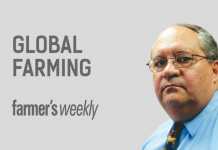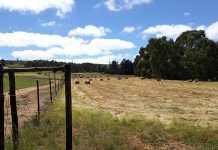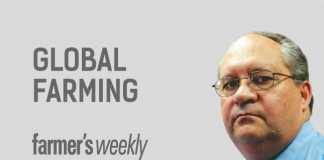Finance minister Pravin Gordhan tabled his first comprehensive budget in parliament recently. He had to balance a lower government income due to the recession with the expectations of the population for more expenditure on social issues. Here are some of the highlights.
Economic background
The budget was delivered against the background of serious problems in the local and international economy. South Africa faces the following challenges:
- One in four adults seeking work is unemployed.
- Almost half the young people are unemployed.
- Income inequality is amongst the highest in the world.
- HIV and TB are serious social and economic challenges.
In 2009, the international economy went through the worst recession in 70 years. This resulted in massive job losses and a sharp decrease in economic growth. Massive government intervention has limited the effect of the crisis and currently a world economic growth of 3,9% is predicted for 2010. This is up from -0,8% in 2009.
Our economy shrank by an estimated 1,8% in 2009. Mining and manufacturing output decreased by 7% and 12%, and about 900 000 people lost their jobs. Gordhan expects the economy will grow by 2,3% during 2010. This will rise steadily to 3,6% by 2012, resulting in slightly higher consumer expenditure, an increase in job creation and higher capital formation.
Stats SA’s fourth quarter gross domestic product growth of 3%+ confirmed the minister’s view that the country’s economy has recovered from the recession. But although the outlook is more favourable, it’s not enough to address the major challenges of job creation, economic growth and poverty reduction.
Government income
The deterioration in the economy resulted in a decrease in tax income. Tax income for 2010 will be R69 billion less than budgeted for. This trend will continue up to 2011/12. Despite this, Gordhan did announce some tax relief for individuals, as well as the customary increase in tax on tobacco and alcohol.
A new so-called carbon-tax will come into effect on 1 September 2010. The less fuel-efficient a car is, the more tax will be paid. This will only affect new cars bought after 1 September 2010. Gordhan also announced a fuel levy of 25,5c/l, which includes a 7c levy to pay for a new petroleum pipeline from Durban.
Government spending
Government plans to spend R907 billion in the current budget year. Gordhan highlighted the following expenditure priorities:
- Improving the quality of basic education.
- Enhancing health care.
- Making communities safer.
- Fostering rural development.
- Creating jobs.
- Investing in local government and human settlement.
Government also plans to implement a cash reimbursement programme to subsidise employers who hire young people without work experience. Social grants have been increased slightly.
Monetary policy
In the run-up to the budget, there was much speculation about the role and autonomy of the Reserve Bank and the value of the rand. Gordhan resisted the pressure to interfere in the bank’s role. Inflation remains the main monetary policy target and the target range of 3% to 6% is maintained “in a flexible manner”.
Gordhan emphasised that government won’t interfere in the economy to fix the value of the rand. But he did indicate that the Reserve Bank will play a more important role in stabilising the rand, but without direct intervention.
Implications for farmers
The importance of agriculture in government’s eyes has decreased in the past decade. There was no specific mention of it in the budget. But some aspects do affect agriculture and farmers.
The fuel levy will increase production costs, although the diesel rebate will absorb 80% of the increase in the levy on diesel fuel. Meanwhile, higher social grants and marginally lower individual income tax will help to increase the demand for basic food products.
When implemented, the subsidy for employment of unskilled youth may help farmers employ more workers.
Government intends to promote investment in green technology. Farmers could share in the money government is prepared
to spend on this. To conclude, Gordhan tabled a balanced budget, albeit an agriculture-neutral one. He resisted the pressure to provide a more COSATU-friendly budget. If he continues in this way, the future looks good.
Dr Koos Coetzee is an agricultural economist at the MPO. All opinions expressed are his own and do not reflect MPO policy.




